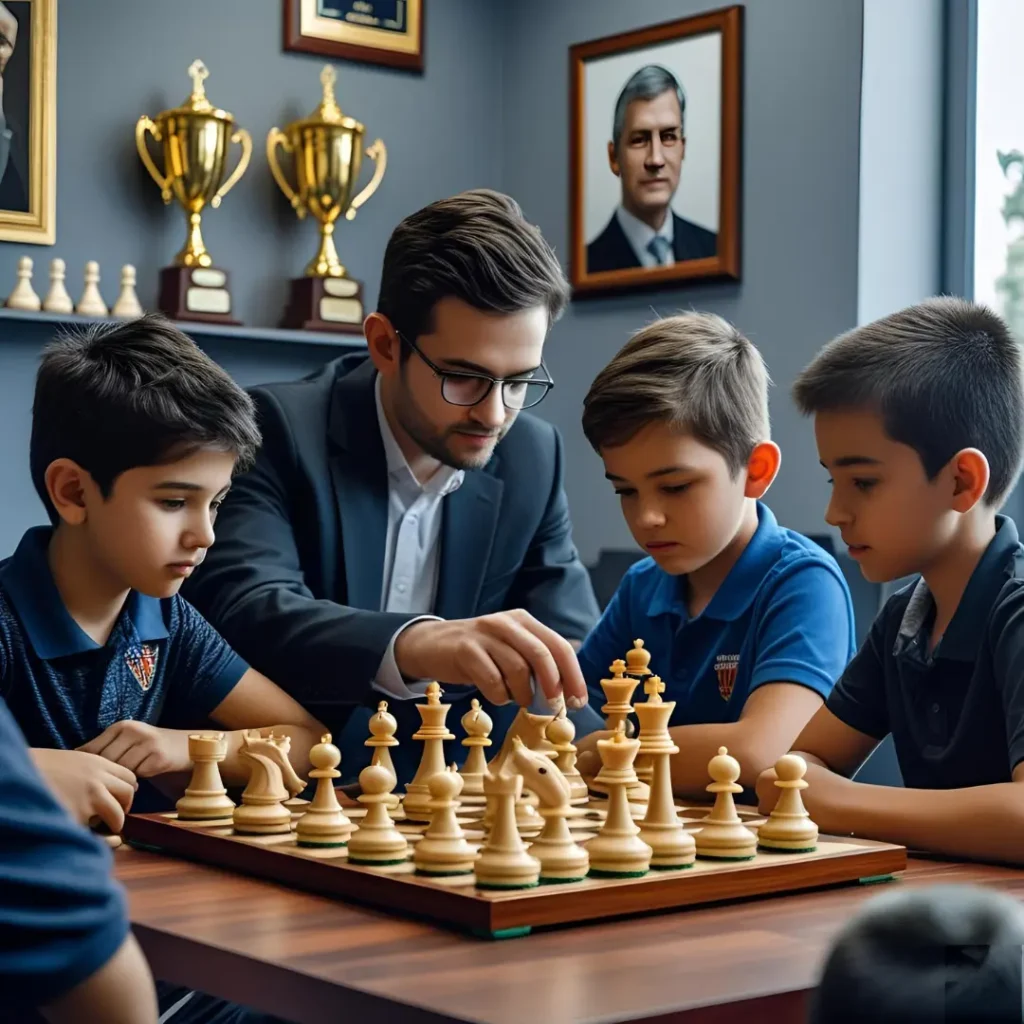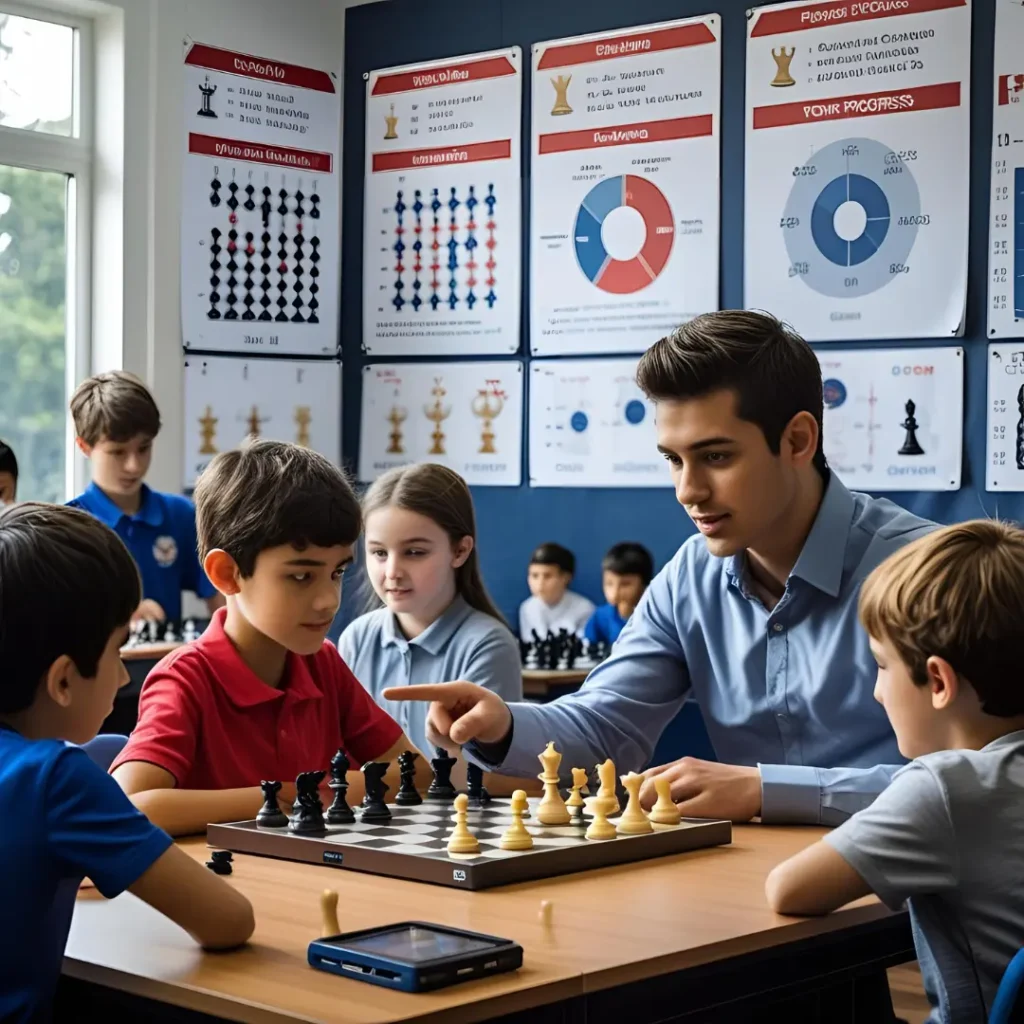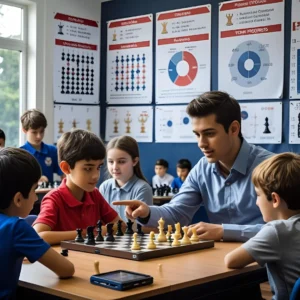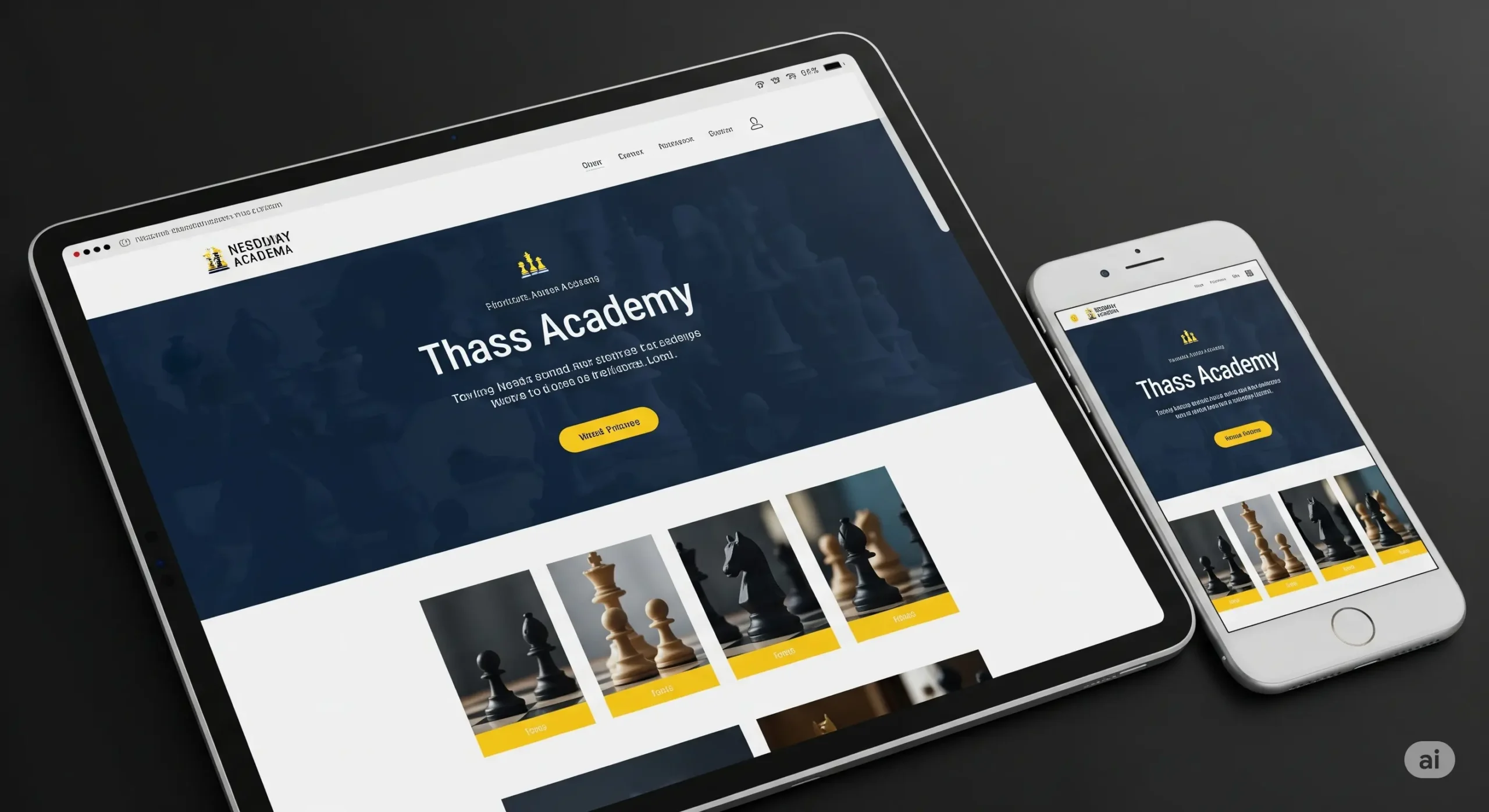From Local Chess Academy to Legends: How the Greatest Chess Players of All Time Started Young

When you hear names like Magnus Carlsen, Bobby Fischer, or Vishwanathan Anand, you immediately think of talent, strategy, and global chess mastery. But when these players have reached the peak of the chess world, their journey began with some simple a chess, curiosity, and most importantly, early coaching. If you are a parent or an aspiring player, think about how to follow their footsteps, the answer often starts by searching for a chess academy.
In this blog, we will find out how coaching shaped the largest chess players of all time, and how your child or you be placed on the same path for excellence.
The Magic of Starting Young
Children’s brain is given the wiring to learn naturally and quickly. When they are introduced to chess at an early age, it helps them develop major skills such as logic, concentration, problem-solving, and foresight. Many chess legends began to play by the age of 5 or 6, with a parent, coach, or academy guidance.
- Early chess provides coaching:
- A concrete understanding of rules and strategy
- In exposure to puzzles and combinations
- A foundation for long -term competitive game
- A structured chess academy nourishes these skills and moves forward to pursue young minds, to find out how the pieces move.
What Is a Chess Academy and Why Does It Matter?
A chess academy is more than a coaching center. It is a place where talent is recognized, mentored, and developed. These academies offer classes tailored to different skill levels — beginner, intermediate, and advanced — and are led by experienced chess trainers.
- Certified coach with tournament experience
- Regular practice session with response
- Online and offline flexibility for convenience
- Tournament and rating events to measure progress
- Learning from colleagues through group sports and discussion
Whether you are a beginner or a person with pre -pre-pre-experience, I have one of the best ways to take your game to the next level.
How the Greatest Chess Players of All Time Got Their Start
1. Magnus Carlsen - Modern Talent
Carlson began playing at the age of 5, and until 8, he was already working with a professional coach. His parents enrolled him in a local chess club, like today’s chess academies, where his talent was identified early. At the age of just 13, his progress to Grandmaster is a testament to the power of proper training
2. Gary Kasparov - Soviet Caut
Kasparov started training seriously at the age of 6. He was nominated at the Youth Pioneers Palace in Baku Soviet-era version of today’s chess academies. Under the guidance of the top coaches, he accelerated his strategic and stable game, eventually dominating the world chess scene for more than 15 years.
3. Bobby Fischer - The American Icon
Fisher’s talent was quickly clear. He taught himself the game at 6 pm, but touched the sky once after joining the Brooklyn Chess Club. The club, which works like a chess academy, offered them opportunities for mentoring, access to strong players, and local tournaments, important for their development as one of the greatest chess players of all time.
4. Vishwanathan Anand - India's first world champion
Fisher’s talent was quickly clear. He taught himself the game at 6 pm, but touched the sky once after joining the Brooklyn Chess Club. The club, which works like a chess academy, offered them opportunities for mentoring, access to strong players, and local tournaments, important for their development as one of the greatest chess players of all time.
5. Jose Raul Caplanca - Cuban's child prose
Capablanca learned chess at the age of 4, and until 12, he had defeated the National Champion of Cuba. He respected his skills in Cuban’s chess clubs and training setups that served as modern-day academies. Their natural speed and elegance on the board were continuously refined through maintenance.
How a local chess academy can shape a champion
Many people believe that world-class training needs to travel to cities or countries. But today, top-level coaching is available through online and local centers. A quick discovery for a chess academy with me can connect you with emotional, experienced masters.
Here is how a chess academy accelerates your learning

Personal coaching
In academies, coaches work closely with students to identify weaknesses and create strengths. Whether it is an initial strategy, middle-game strategy, or endgame technology, they provide a targeted response.
Structured teaching path
Unlike random online videos, an academy offers a step-by-step courses-ranging from Tukra movement to advanced strategies such as sacrifices, pins, thorns, and location.
Competitive Mindset
Most chess academies regularly conduct internal tournaments and help students participate in district, state, and national programs. These competitions provide inspiration, experience, and risk.
Colleague Interaction
Learning in a group environment encourages healthy competition and social development. Students solve the puzzle together, analyze the games, and even make chess friendship.
Chess and brain development: what science says
- The benefits of chess training include: Better mathematics and reading skills
- Better problem
- Increased creativity
- Stumble
How to find the right chess academy with you
Whether you live in a metro city or a small town, you are likely to find a nearby chess training center. What to see here when choosing a chess academy:









